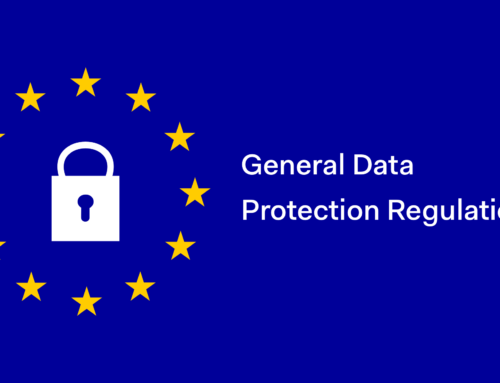The German Federal Ministry for Economic Affairs and Energy had mandated an economic impact of the ePrivacy Regulation on online advertising and ad-based digital business model. The study considered details on the impact the European Commission proposal would have on the internet business model and online advertising industry, concluding that considerable disadvantages for Europe’s digital innovations and economic development can be expected.
The economic impact, realised by the consultancy WIK on behalf of the German Federal Ministry for Economic Affairs and Energy, identifies the significant influence the proposal would have on the industry. The research confirms that the ePrivacy provisions requiring consent for cookies will have significant impacts on the digital advertising sector, followed by impacts on publisher’s revenue and the development of innovative services, based both on collection of data and advertising revenues. Among the insights of the study:
- In Germany, the total digital advertising budget is expected to reduce by about one-third in the short term. Primarily display and affiliate advertising will be affected, while impact on advertising revenues of search engines (in Germany mainly Google) and social networks (in Germany mainly Facebook) is likely to be relatively low. Similar effects expected to take place in other European countries.
- Additionally, the proposal would indirectly favour larger US companies and incentivise closed log-in systems. It is expected that advertising budgets will move to log-in systems, giving large online platforms a chance to take over even a greater proportion of the market. The ePrivacy Regulation would provide an impulse for log-in and paywall systems in European digital world.
- In parallel, the study shows that the European Commission’s impact assessment has not taken into consideration the trade-off online users would have to give, such as individualised internet services and internet services with easy handlings.
- Furthermore, significant limitations to media diversity are also expected due to reliance of high-quality content providers on refinancing through advertising.
- It also emphasizes that only a handful of users would have the knowledge, time and willingness to manage their privacy settings in a complicated digital environment.
The study concludes that considerable disadvantages for Europe’s digital innovations and economic development can be expected. “In combination with the gatekeeper position of web browsers, it is likely that in the medium to long term, major online platforms such as Facebook and Google, which are heavily financed by advertising, will benefit in comparison with other market participants. The ePrivacy Regulation may therefore trigger the development of a largely proprietary internet, of which the advertising revenues are generated almost entirely outside of Europe”, states the research.
Source: www.fedma.org
Published on 1st February 2018




